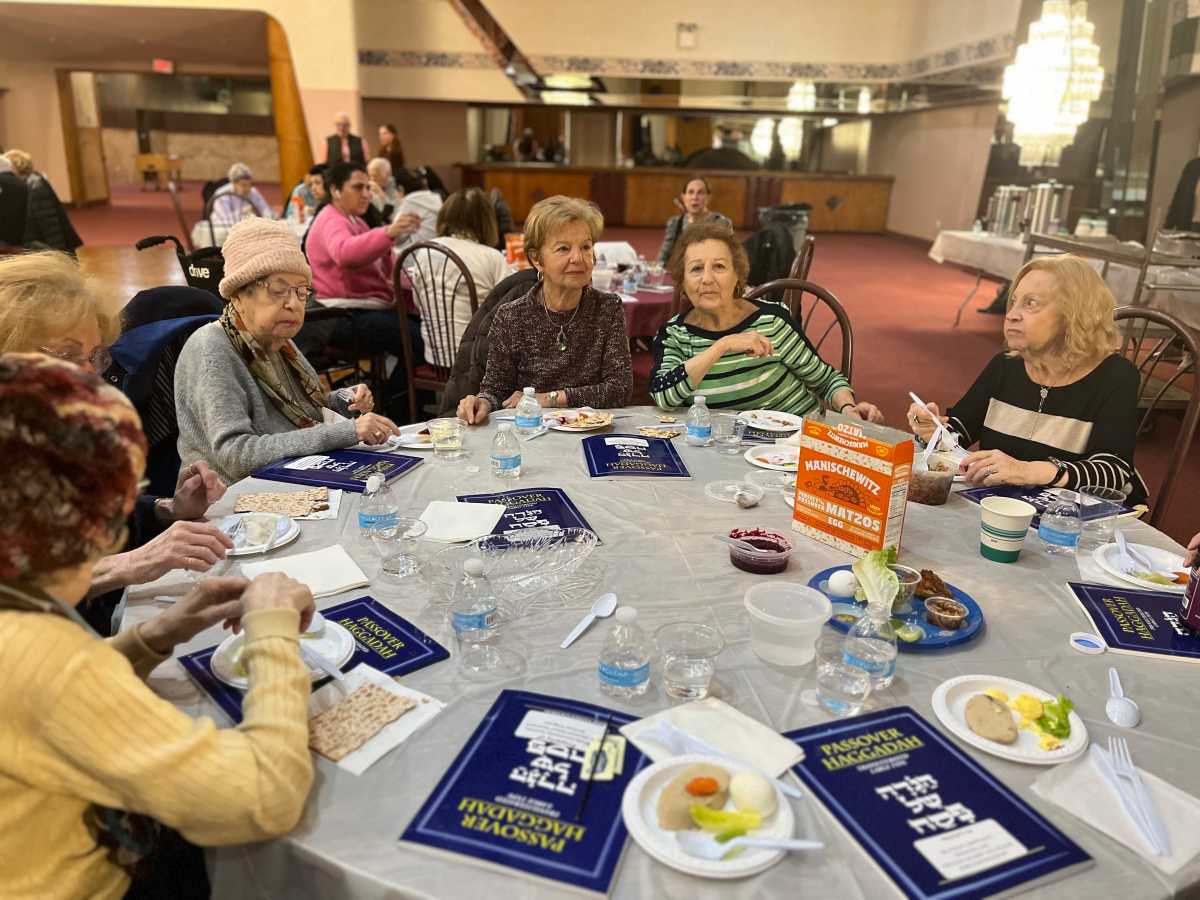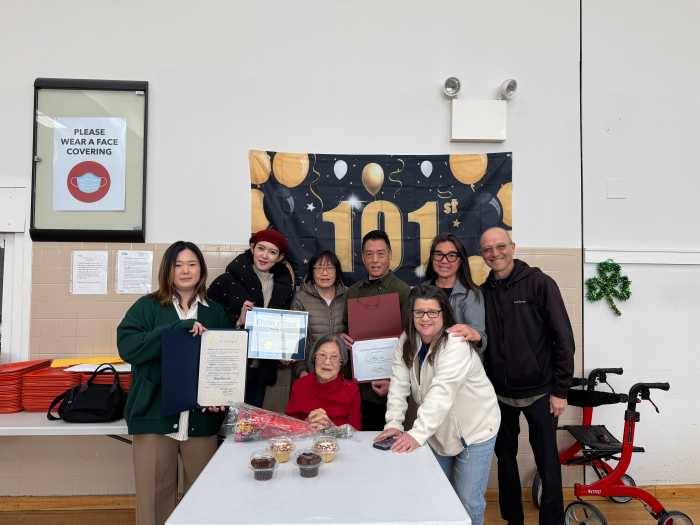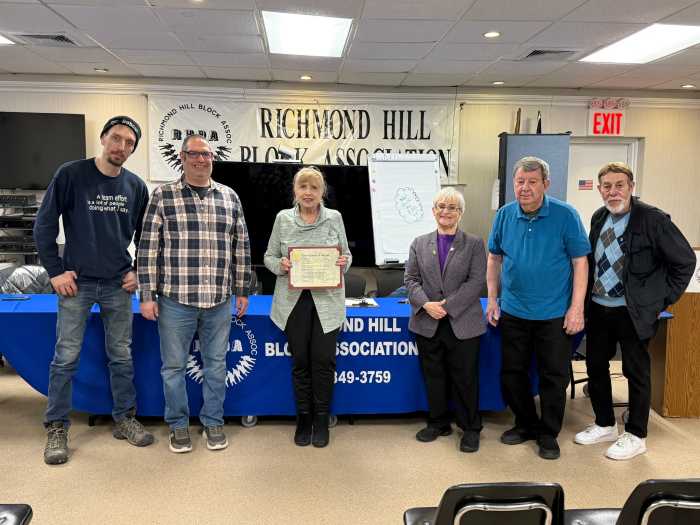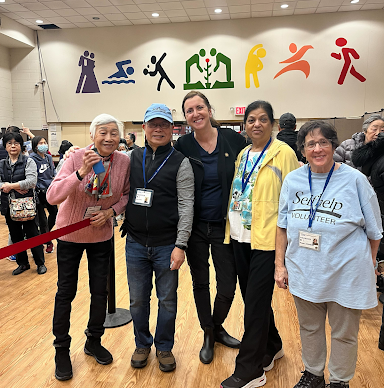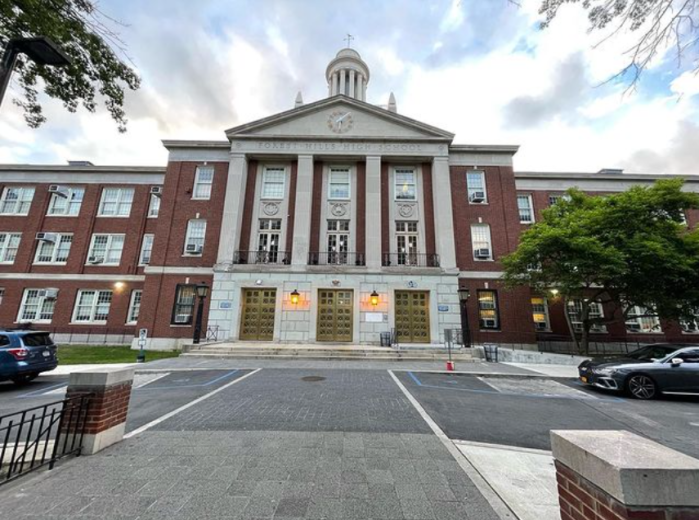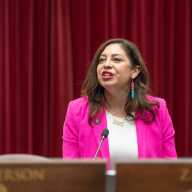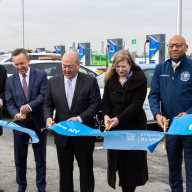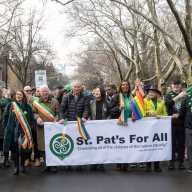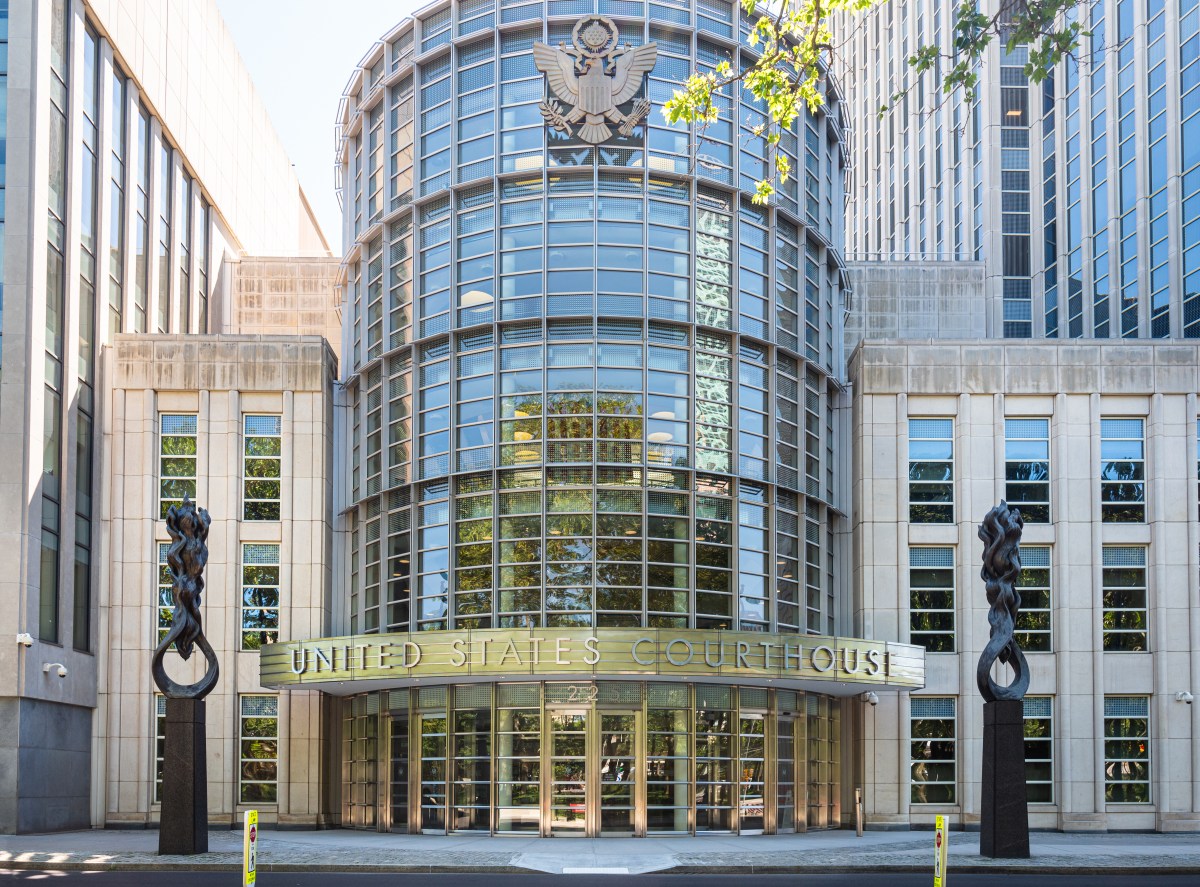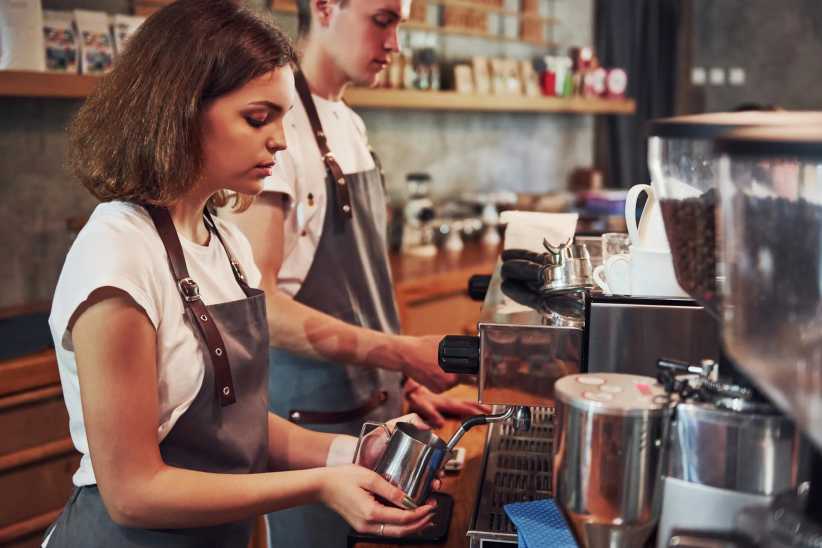A group of Holocaust survivors in Queens gathered for an early Passover celebration on Wednesday, April 9, at the Forest Hills Jewish Center for Holocaust Survivors, located at 106-06 Queens Blvd. in Forest Hills.
The event was sponsored by Selfhelp Community Services, a nonprofit organization that provides essential support to older adults, including a specialized program for Holocaust survivors across New York City and Nassau County.
Guests were treated to a traditional Passover Seder meal in honor of one of the most significant holidays on the Jewish calendar. Deputy Borough President Ebony Young Staff, as well as staff from Council Member Lynn Schulman’s office, were also in attendance to greet the attendees and celebrate with the community.
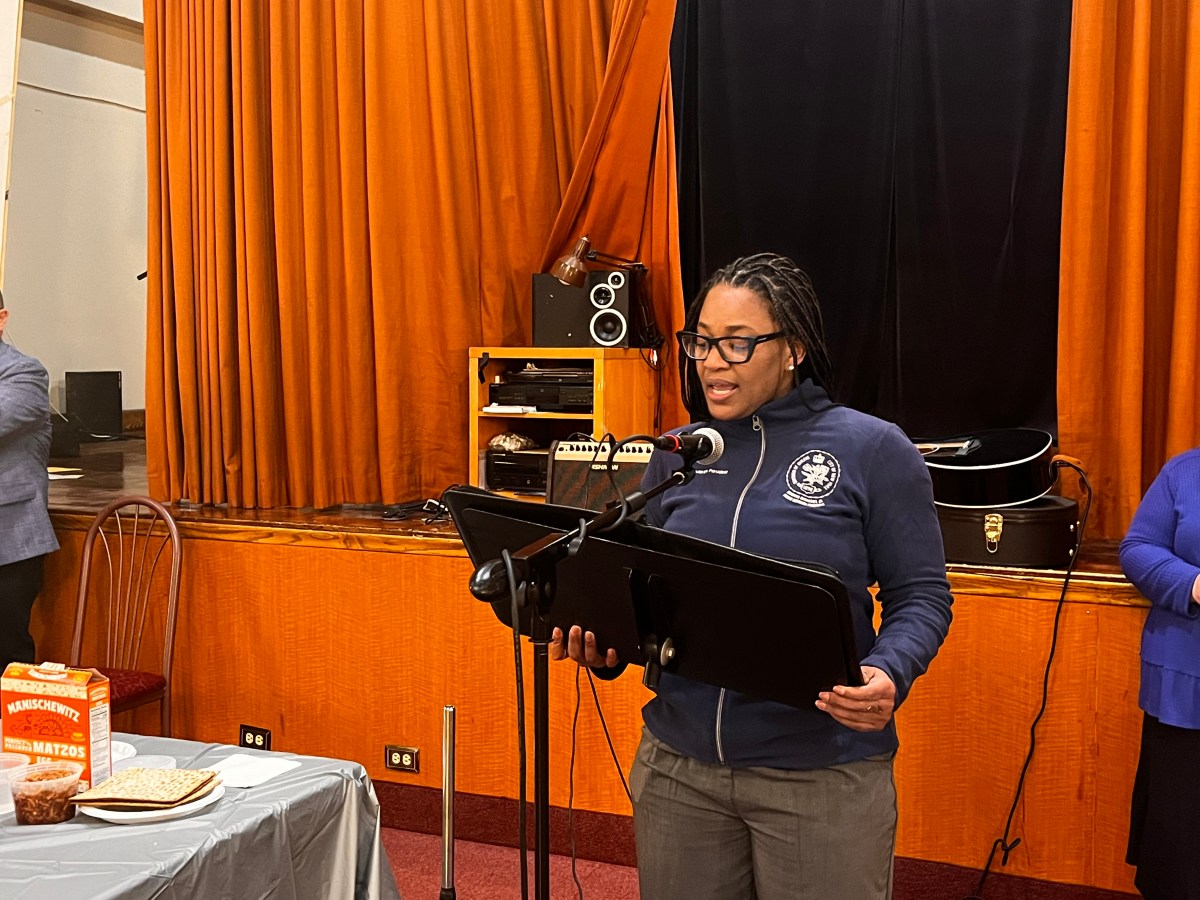
This year, Passover begins at sundown on Saturday, April 12, and ends at nightfall on Sunday, April 20.
Passover is an eight-day holiday celebrated by Jewish people around the globe. It recognizes the Isrealites’ hardships and eventual liberation from slavery in ancient Egypt.During the first two nights of Passover, a traditional Seder meal is hosted.
Seder, the Hebrew word for order, is a symbolic meal that represents aspects of the Passover holiday. A cantor leads the Seder, leading participants with songs and prayer during the ceremony and reading from a special book called the Hagaddah.
Wednesday’s ceremony was led by Cantor Ofer Barnoy, who has partnered with Selfhelp for the annual Passover celebration for the past 12 years.
Barnoy explained that the cantor signing is an important aspect of the Seder celebration as it encourages children to learn the story of Passover. “ Some of the reason for the singing is because the commandment is not to just to tell the story to each other, but to teach our children so that they don’t forget what our history is about,” Barnoy said.
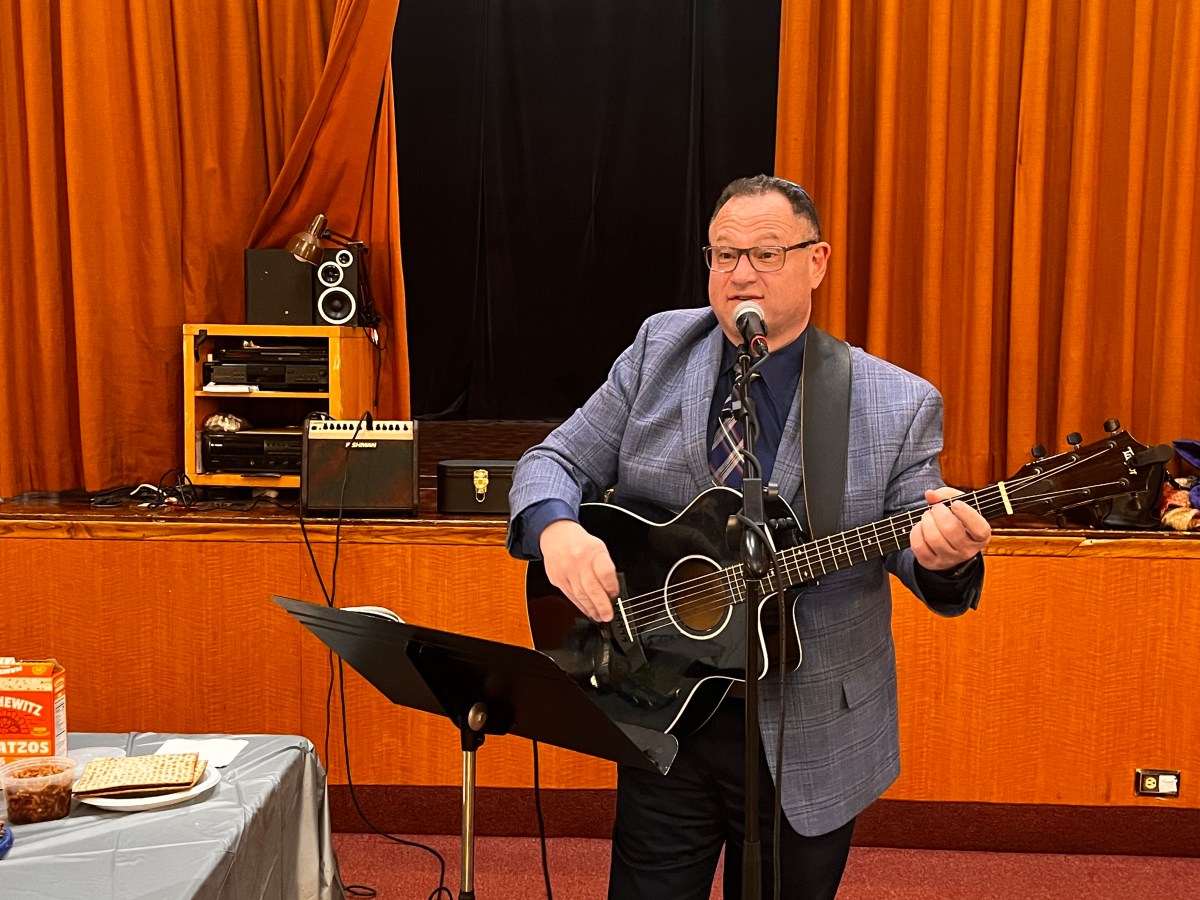
A Seder plate has multiple food items that symbolize the struggle and resilience of the Israelites during their enslavement in Egypt. Items include charoset, an apple, nut, honey, and wine mixture that represents the bricks the Israelites were forced to work with and the weight of enslavement. Other items on the plate inlcude a boiled egg, which represents life, as well as internal resilience.
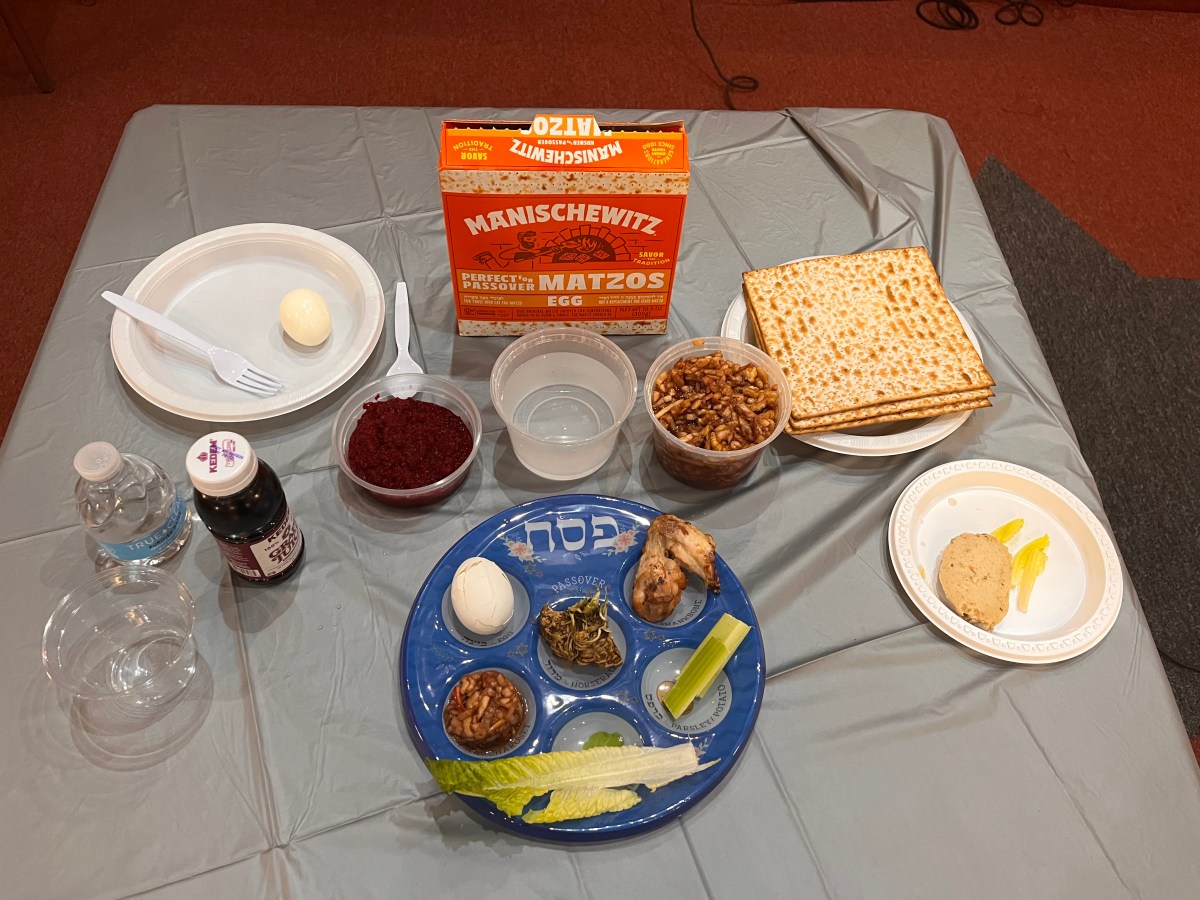
During Passover, participants do not eat leavened bread and instead eat matzah, an unleavened cracker-like flatbread. This tradition represents how the Israelites had to flee Egypt immediately, and they brought unleavened bread with them as they did not have time to rise.
Katie Foley, Selfhelp’s managing director of external affairs, explained that by hosting this annual celebration, survivors have a space to gather and have meaningful companionship. “Especially for survivors, holidays can bring up both good and bad memories, and so this is a chance for them to come together with a community that understands that, understands them,” she said.
Julie Lauer, Selfhelp’s Queens/Nassau Holocaust Survivor program director, added that the celebration fosters a sense of community. “A lot of the survivors here don’t have family, they don’t have friends around, and this may be their only taste of a seder this year. They have memories from childhood and memories of raising their own kids, and that’s why it’s so special,” she said.
Ana Schlesinger, 84, has fond memories of celebrating Passover in her youth. Originally from Poland, Schlesinger recalled how her family prepared for the holiday.
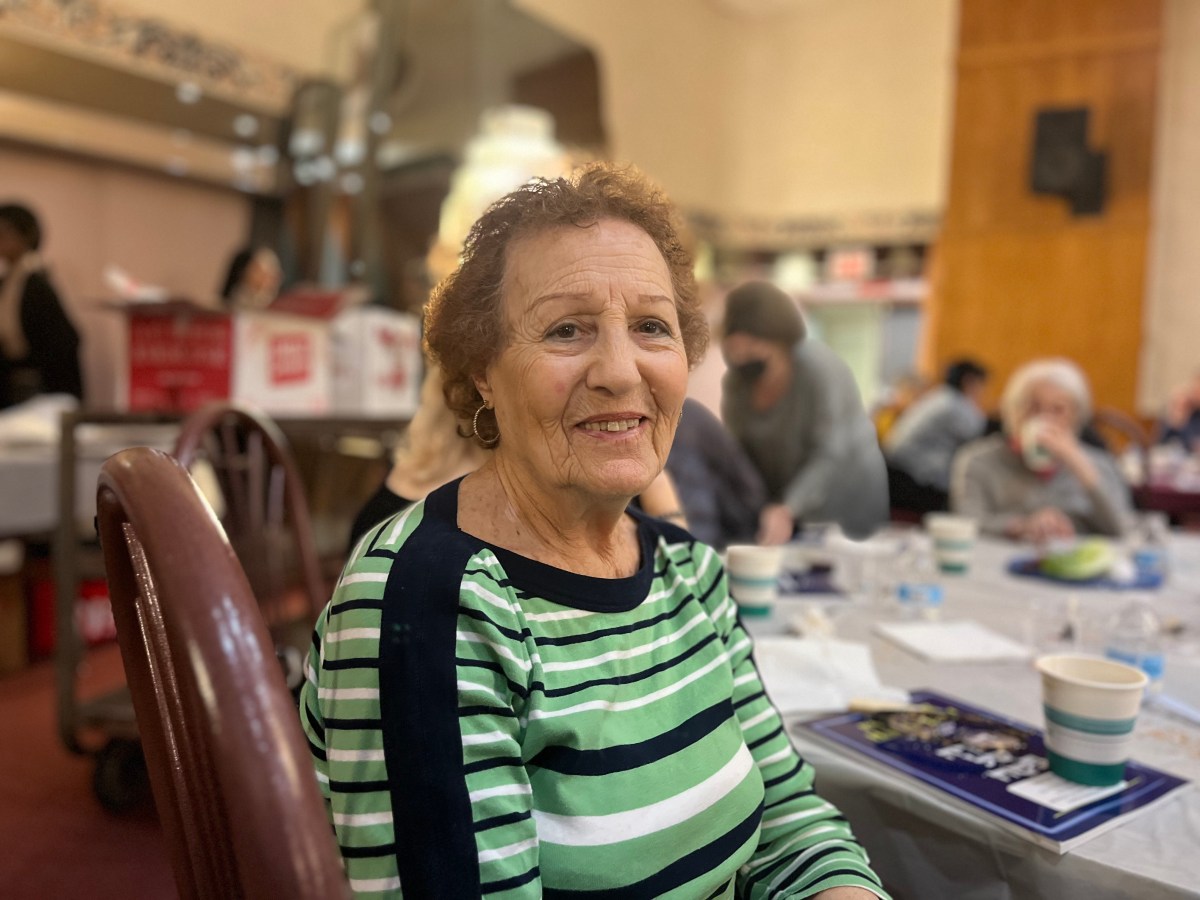
“That’s the only holiday that I remember where my mom and I would go to the Jewish center in Warsaw and buy matzah…and my father would bring oranges from the delicatessen, she said. “We would have a beautiful event.” Once Schlesinger moved to Israel, Schlesinger said the celebrations continued. “It’s a beautiful holiday, and it’s kind of hard to prepare everything. I see what I’m doing now, how much work my mom had in those days, so I cherish that,” she said.
Schlesinger said that in this phase of her life, being social makes her happy. “I visit SelfHelp, the Young Israel Senior Center; I love people, that’s why I’m there every day. There’s alot of activities and trips I wouldn’t want to give this up for anything.”
Foley explained that Selfhelp has some of the oldest and largest programs providing comprehensive services for Holocaust survivors in North America. Program offerings include subsidized home care, social events and holiday celebrations, and enhanced case management to help the last generation of survivors age with dignity. “ All of our work is done through a person-centered trauma-informed lens that really acknowledges every person’s unique journey, respects that and gets to know their own life experiences,” Foley explained.
Selfhelp is also dedicated to Holocaust education. It has a Witness Theater program, an intergenerational program in which survivors and high school students participate in an afterschool program. The students learn from the experiences of survivors. The students then perform a free public performance of the Holocaust survivors’ wartime experience, which will be showcased in Brooklyn and Manhattan at the end of April.

